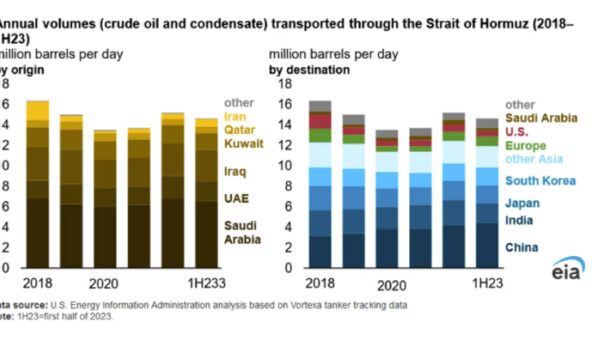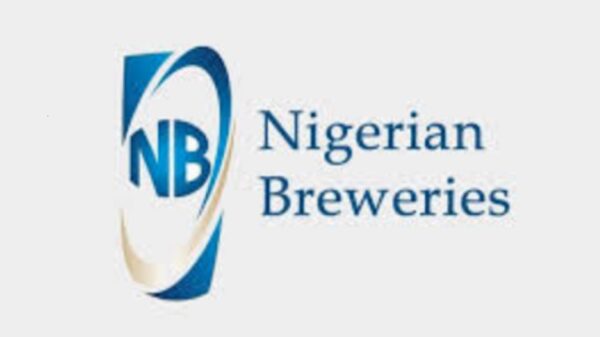The Central Bank of Nigeria is introducing special bills to deepen financial markets and free up capital for banks so they can extend more credit in Africa’s largest economy.
The bills will also “avail the monetary authority with an additional liquidity management tool,” the Abuja-based central bank said in a statement on its website Wednesday.
The central bank in January increased the industry’s cash-reserve requirement to 27.5% from 22.5% to curtail excess liquidity in the banking sector, which it said could stoke inflation.
Nigeria is struggling to recover from its second recession in four years after the coronavirus pandemic and a slump in crude prices dampened government revenue and shuttered businesses. “The CBN will continue to ensure optimal regulation of systemic liquidity and promote efficient financial markets in support of economic recovery and sustained growth,” it said.
The bills will help improve banks’ liquidity ratios, which have come under pressure from “punitive” cash-reserve debits by the central bank, Adesoji Solanke, director for frontier and sub-Saharan Africa banks at Renaissance Capital in London, said by email. “That the securities are tradable between market players but not discountable at the CBN window however implies that new liquidity won’t be coming from the CBN, he said. Still it “gives the banks room to pledge the securities for liquidity from other sources.”
The central bank in January increased the industry’s cash-reserve requirement to 27.5% from 22.5% to curtail excess liquidity in the banking sector, which it said could stoke inflation. It debits banks accounts periodically for missing the cash-reserve requirements and a loan-to-deposit ratio of 65%.
More on the special bills:
- Tenor of 90 days
- Zero coupon, applicable yield at issuance will be determined by the central bank
- The instrument will be tradable among banks, retail and institutional investors
- The instrument won’t be accepted for repurchase agreement transactions with the central bank and aren’t discountable at the CBN window
- The notes will qualify as liquid assets in the computation of the liquidity ratio for commercial lenders.























































You must be logged in to post a comment Login